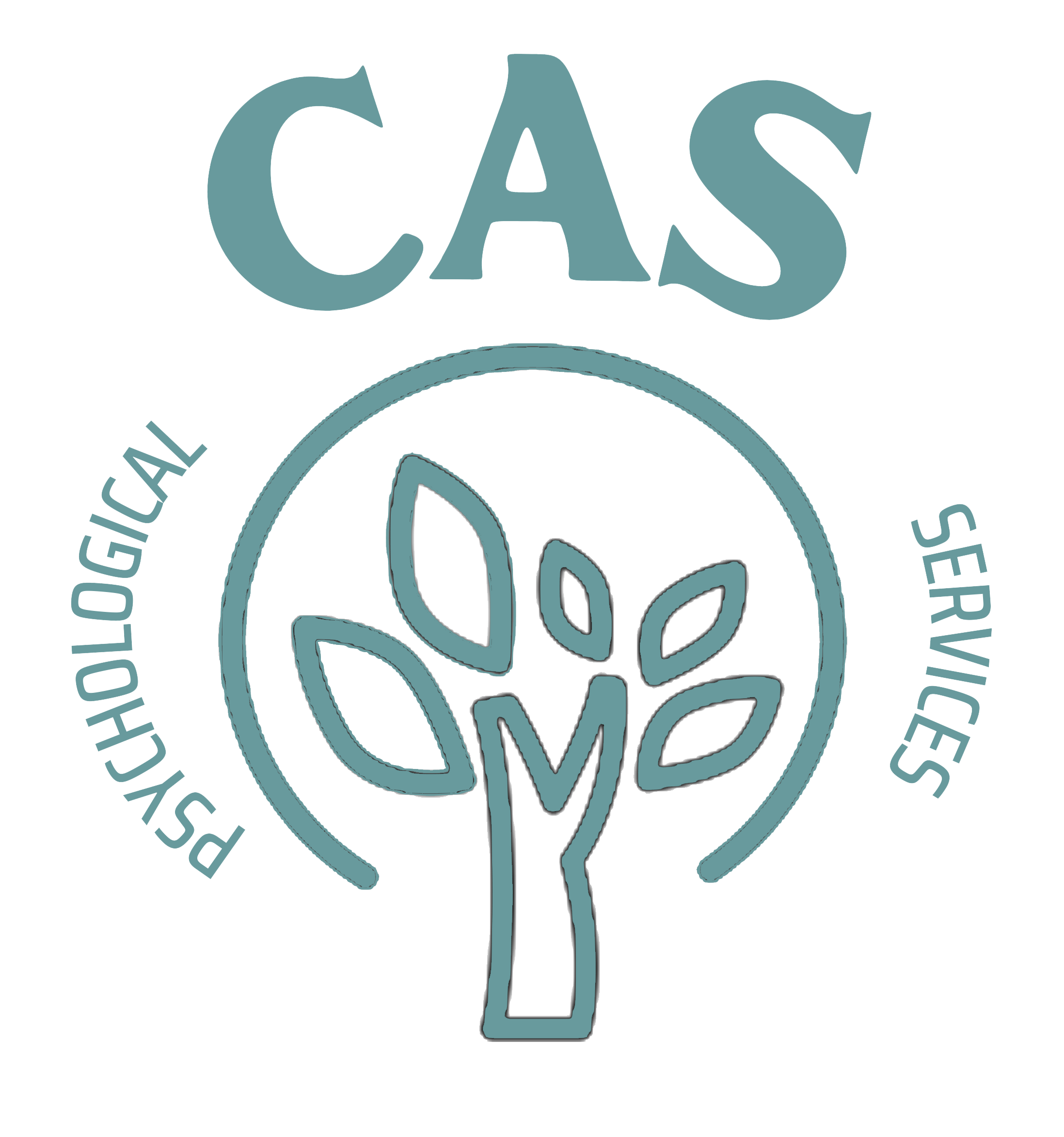In today’s society thinking about mental health conditions in their most popular forms can produce unhelpful narratives for people who potentially are in the most need. Although stigmas around mental health are improving there is still a long way to go.
One in four adults will experience mental health difficulties at least once across their lifetime which really hits home in terms of the magnitude. It also becomes humbling to recognise mental health difficulties will impact everyone, whether that is directly or because they experience the impact of someone’s mental health difficulties.
Currently we are shifting towards a society which is more conscious of mental health conditions and becoming aware of how best to support someone through their experiences. This being a great move for society overall. However we still have to question how well we conceptualise mental health difficulties given how fast paced our development and evolution as a society has been and continues to be.
Depression alone currently affects about one in six adults which makes it one of the most common mental health conditions to experience. Traditional forms of depression are described as individuals withdrawing from activities, experiencing a severe lack of motivation even for necessary daily tasks and experience frequent thoughts of feeling better of dead. Although still a relevant and common experience we do need to recognise alternative and equally debilitating forms of depression.
Functional Depression
Experiences of functional depression easily go under the radar as individuals tend to continue with the necessary parts of their daily routine however experience little to know reward from activities they would typically enjoy in the past. They may in addition be seen as antisocial or may be judged negatively by their social circles if they begin to withdraw socially.
Individuals who suffer from functional depression are also likely to experience other forms of mental health difficulties such as anxiety and hold a very negative self view. This negative self view will likely stem for past experiences which have built the narrative of their issues not being of importance and value placed on masking difficulties. In addition minimising their current experiences of difficulties by comparing to others who have have ‘justified’ reasons for how they feel.
Experiencing functional depression affects sense of self-worth and individuals can become stuck down the path of reducing self-worth which reinforces their intrusive thoughts of life not being worth living. The biggest concern is that noone may see this as symptoms tend to be masked well or misunderstood.
People who experience functional depression are amongst groups who are least likely to reach out for help. Supporting someone to open up about their experiences is massively important as it could take just one conversation to open up the idea of seeking help, having hope for change and contribute to preventing suicide attempts.
Treatment
Generally treatments for depression, including functional depression include a range of talking therapies (short term and long term), medication (antidepressants) or a combination of both. Speaking to your General Practitioner or a mental health professional can help to identify what is best suited for your needs.
Not ready to take that step or want to talk about supporting someone with functional depression? There are several charities which offer support and a space to talk [link]. Equally it may be useful to seek therapy for yourself as a carer.



